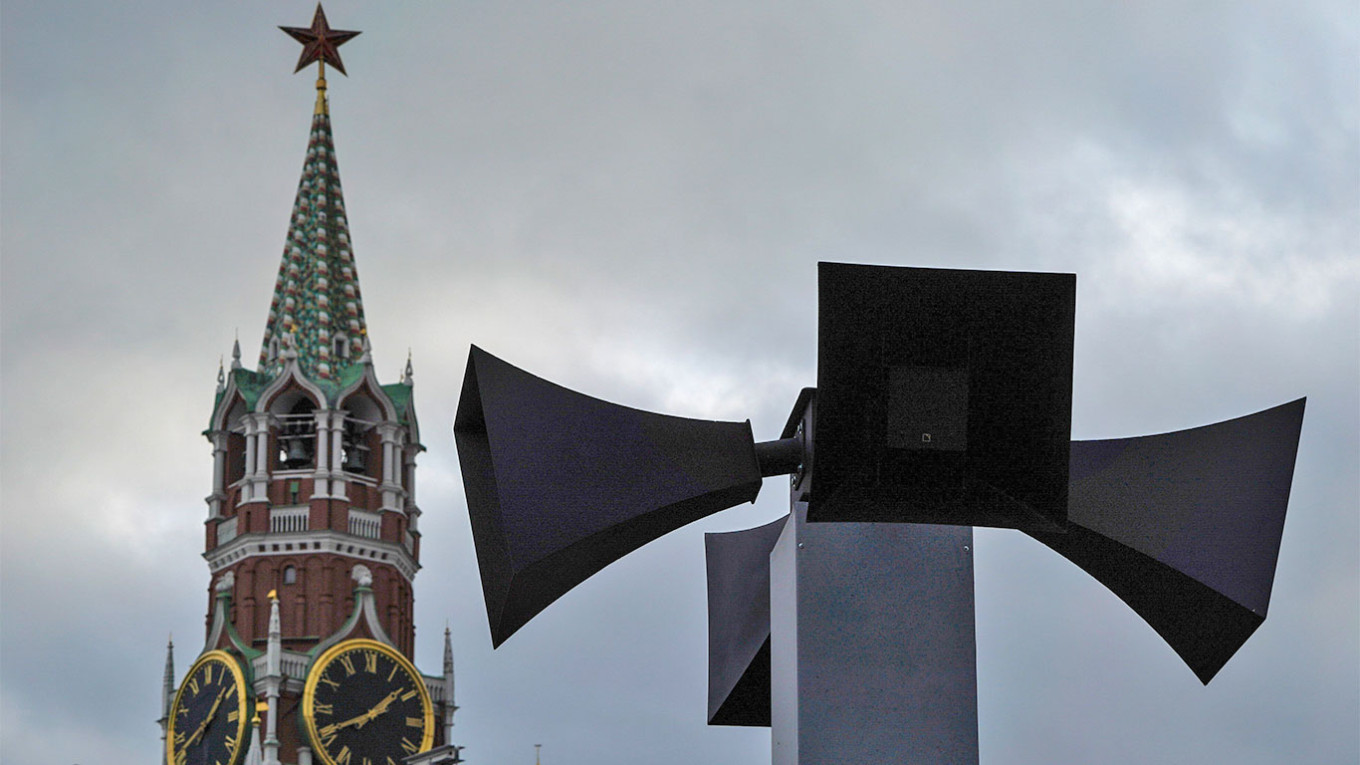Pro-Kremlin media provided limited coverage on Wednesday regarding the renewed U.S. efforts to resolve the conflict in Ukraine. The Kremlin acknowledged that it had reviewed the White House’s new peace proposal but offered scant commentary on its interpretations.
U.S. President Donald Trump announced that he was dispatching officials to meet with their Russian and Ukrainian counterparts in an effort to finalize the agreement, following Kyiv’s reported acceptance of a revised peace framework that addressed more of its concerns.
While the details of the draft U.S. peace plan and the surrounding diplomatic efforts have captured significant global attention, major Russian state television networks began their Wednesday broadcasts by focusing on President Vladimir Putin’s visit to Kyrgyzstan and his discussions with Kyrgyz President Sadyr Japarov.
The state-run channel Rossia 24 only brought up the potential for renewed peace negotiations 13 minutes into its afternoon news segment. Even then, this segment was interrupted by live coverage from Russia’s Young Scientists Congress.
A presenter from Rossia 24 remarked that “Europe is complicating” the peace discussions, referencing European leaders’ criticism of Washington’s original 28-point proposal, which they claimed favored Moscow excessively.
Another correspondent suggested that the leaked telephone conversations between Ushakov and U.S. special envoy Steve Witkoff, as well as with Kremlin economic envoy Kirill Dmitriev, were intended to disrupt the ongoing negotiations.
“The leak happened just as the peace plan was starting to take shape, indicating that politicians in London and Brussels are attempting to sabotage the Moscow-Washington rapprochement and obstruct peace efforts,” the correspondent stated, citing expert opinions.
This sentiment mirrored Kremlin spokesperson Dmitry Peskov’s assertion that the leaks were aimed at “undermining the currently modest progress toward a peace settlement.”
Russian officials elsewhere expressed little willingness to shift their previously established hardline positions regarding the cessation of hostilities.
When discussing the modified peace proposal, Kremlin foreign policy aide Yury Ushakov stated that Moscow viewed some aspects positively, but emphasized that “many will require detailed discussions among experts.”
Deputy Foreign Minister Sergei Ryabkov adopted a firmer stance, indicating that while Russia appreciated Washington’s intentions to rekindle peace discussions, “any concessions or any retreat” from Moscow’s objectives were out of the question.
“Different iterations of this plan serve as leverage. There can be no discussions of concessions or any deviation from our core positions regarding the key issues necessary to achieve our goals,” Ryabkov asserted on Wednesday.
State-run Channel One also mentioned advancements in peace negotiations only in the tenth minute of its broadcast. The presenter remarked that “Washington believes time is clearly not on Kyiv’s side” and noted that “Ukrainian President Volodymyr Zelensky is not anticipated to visit Washington anytime soon.”
On Tuesday, Channel One referred to Peskov’s remarks describing the U.S. peace plan situation as an “information frenzy.”
The Channel One presenter commented that the “avalanche of misinformation” was partly due to “the hysteria of Europe’s warmongers, who have been excluded from talks but are doing everything possible to undermine the plan,” adding, “Moscow believes that the American initiative could serve as a solid foundation for negotiations.”
The business daily Kommersant featured the leaked calls between Ushakov, Witkoff, and Dmitriev with the headline “Who Framed Steve Witkoff?” prominently on its homepage on Wednesday.
The pro-Kremlin outlet Moskovsky Komsomolets published an op-ed that took aim at Zelensky, suggesting that he became so enamored with his own expectations that he began to set conditions.
“The Kyiv leader was willing to meet the president only if European leaders were also present. The calculation is so transparent that it hardly requires detailed explanation: they intended to sway the American president to a position of ‘I am incredibly disappointed in Putin!’ However, becoming overly optimistic about expectations is not always advantageous,” the newspaper noted.
“The resolution is nearing. But whether it will culminate in a genuine conclusion or simply the initiation of a new phase remains shrouded in uncertainty,” it added.

